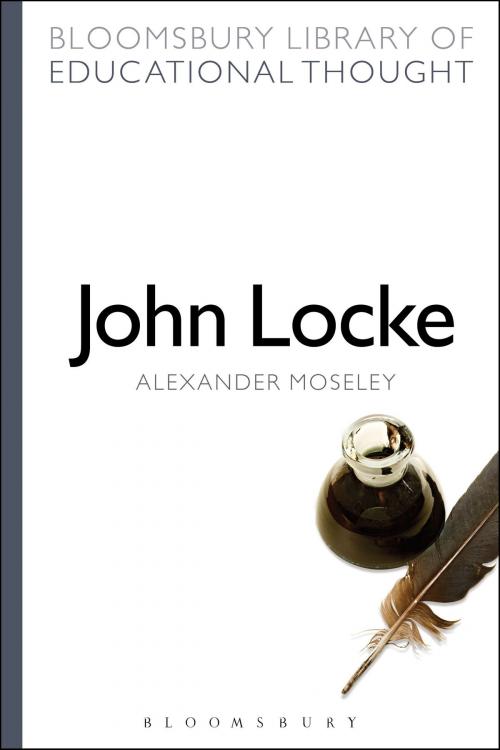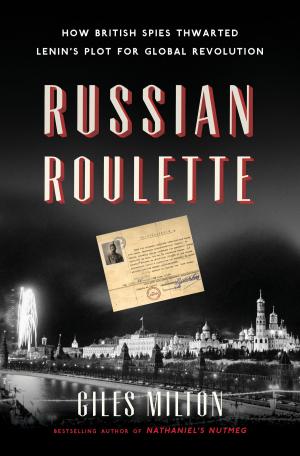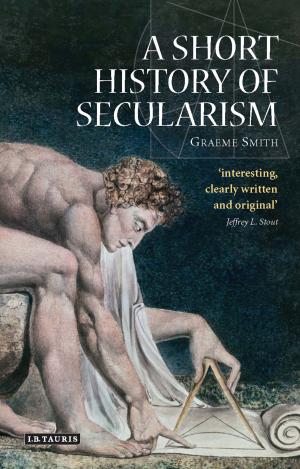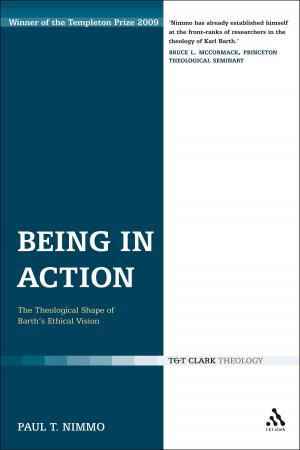John Locke
Nonfiction, Reference & Language, Education & Teaching, Reference, Educational Theory, Philosophy & Social Aspects| Author: | Dr Alexander Moseley, Professor Richard Bailey | ISBN: | 9781441180186 |
| Publisher: | Bloomsbury Publishing | Publication: | October 23, 2014 |
| Imprint: | Bloomsbury Academic | Language: | English |
| Author: | Dr Alexander Moseley, Professor Richard Bailey |
| ISBN: | 9781441180186 |
| Publisher: | Bloomsbury Publishing |
| Publication: | October 23, 2014 |
| Imprint: | Bloomsbury Academic |
| Language: | English |
John Locke is one of the great minds in educational history. Drawing on his perceptive observations of families and children he saw the importance of adapting learning to the child's dispositions. Critical of schools, he is the fountainhead of home tutoring, child-centred learning, and the importance of enjoyable learning. But for Locke learning was not about facts: a good education produced gentlemen who could in turn adapt themselves to commerce and politics. Locke's philosophy helped provide rigour to the scientific revolution, the impetus for the expansion of schools for the poor (which should be profitable) and child psychology.
Alexander Mosely sets Locke's educational writings in their context with a sensitive reading of what Locke understood by 'education' and highlights the relevance of the study of Locke's work to our understanding of education today.
John Locke is one of the great minds in educational history. Drawing on his perceptive observations of families and children he saw the importance of adapting learning to the child's dispositions. Critical of schools, he is the fountainhead of home tutoring, child-centred learning, and the importance of enjoyable learning. But for Locke learning was not about facts: a good education produced gentlemen who could in turn adapt themselves to commerce and politics. Locke's philosophy helped provide rigour to the scientific revolution, the impetus for the expansion of schools for the poor (which should be profitable) and child psychology.
Alexander Mosely sets Locke's educational writings in their context with a sensitive reading of what Locke understood by 'education' and highlights the relevance of the study of Locke's work to our understanding of education today.















